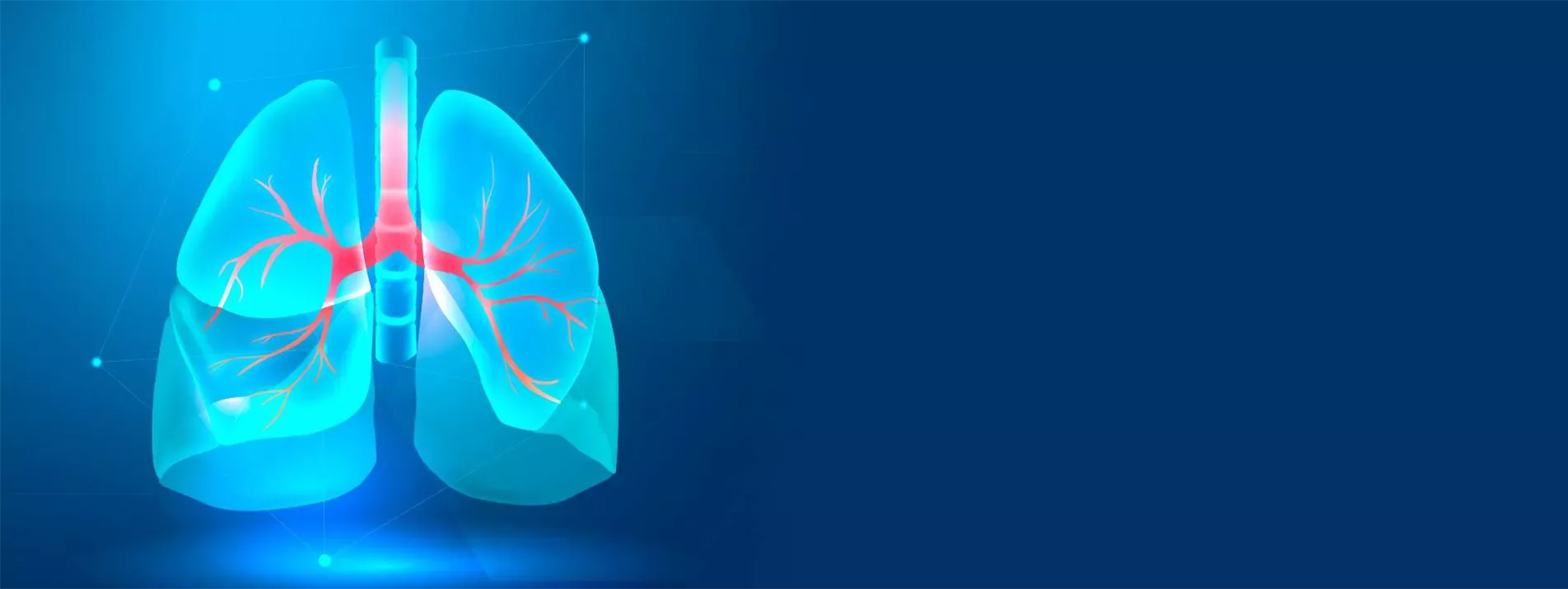
Lung Cancer
Lung cancer is a type of cancer that starts in the lungs. The lungs are two spongy organs in the chest that take in oxygen when you inhale and release carbon dioxide when you exhale. Lung cancer is the leading cause of cancer deaths worldwide, with smoking being the primary cause. However, non-smokers can also develop lung cancer. Understanding the causes, symptoms, diagnosis, and treatment options for lung cancer is crucial for early detection and effective management.
Causes of Lung Cancer
The primary cause of lung cancer is cigarette smoking, but other factors can increase the risk, including:
- Exposure to secondhand smoke
- Exposure to radon gas, asbestos, or other carcinogens in the workplace or environment
- A family history of lung cancer or genetic predisposition
- A history of lung diseases such as chronic obstructive pulmonary disease (COPD) or tuberculosis
- A history of radiation therapy to the chest
Symptoms of Lung Cancer
The signs and symptoms of lung cancer may include:
- Persistent cough
- Chest pain that worsens with deep breathing, coughing, or laughing
- Hoarseness
- Shortness of breath
- Wheezing
- Coughing up blood or rust-colored sputum
- Unexplained weight loss
- Loss of appetite
- Fatigue
- Repeated respiratory infections such as bronchitis or pneumonia
Diagnosis of Lung Cancer
Diagnosing lung cancer typically involves a combination of medical history review, physical examination, and diagnostic tests, including:
- Chest X-ray or CT scan to visualize the lungs and detect abnormalities
- Sputum cytology to examine a sample of sputum under a microscope for cancer cells
- Biopsy to obtain a tissue sample from the lung for laboratory analysis and confirm the presence of cancer cells
- PET scan to evaluate the extent of cancer spread (staging)
Treatment Options for Lung Cancer
Treatment for lung cancer depends on various factors, including the type, stage, and location of the cancer, as well as the patient's overall health and preferences. Treatment options may include:
- Surgery to remove the tumor or part of the lung (lobectomy, pneumonectomy, or wedge resection)
- Chemotherapy to kill cancer cells or stop their growth
- Radiation therapy to destroy cancer cells with high-energy radiation
- Immunotherapy to stimulate the immune system to recognize and attack cancer cells
- Targeted therapy to block specific molecules or pathways involved in cancer growth
- Palliative care to manage symptoms and improve quality of life for patients with advanced lung cancer
If you or a loved one have been diagnosed with lung cancer or have concerns about your risk, our team of experts is here to help. Contact us today to schedule a consultation and learn more about our comprehensive approach to diagnosing and treating lung cancer.